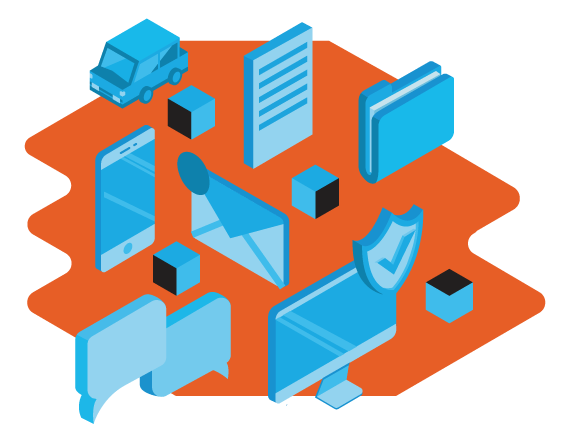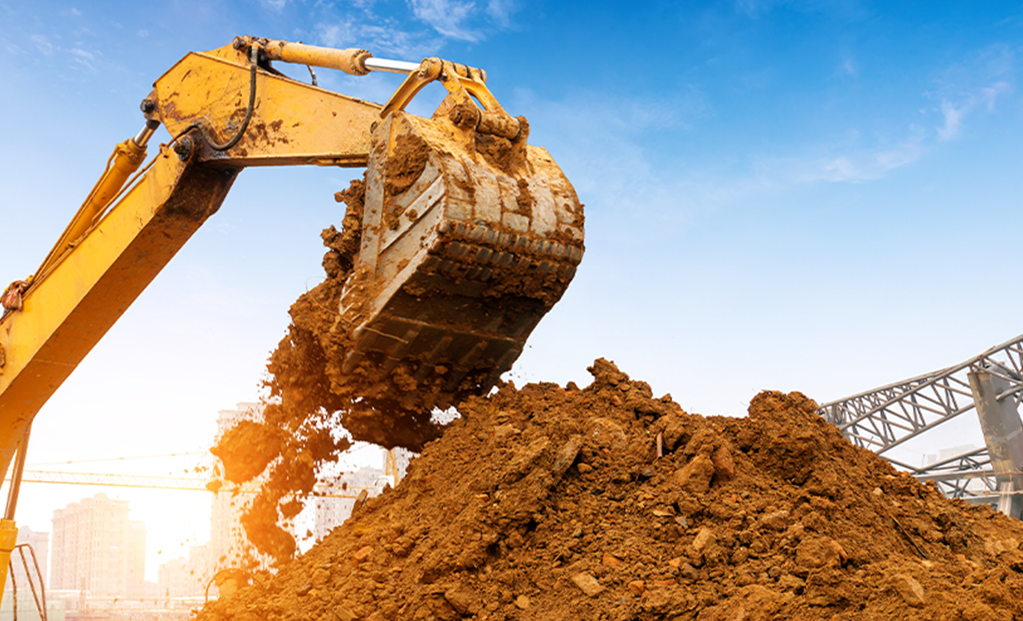
INSURANCE NERDS
BLOG
Why you should have an Equipment Breakdown Insurance Policy
For Commercial & Construction Clients.
What is Equipment Breakdown Insurance?
Equipment Breakdown Insurance also called Boiler and Machinery Insurance, includes two primary coverages:
- The cost to repair or replace equipment or machinery that malfunctions or breaks.
- Lost income and property damage resulting from the downed equipment.
As an example, if one of the freezers in a food warehouse or grocery store stops working because the compressor malfunctions, the policy would cover both the cost of the repair and the cost of any spoiled inventory. However, it’s likely that the overall operations could still continue, so lost business income might not come into play.
The difference between equipment breakdown and commercial property insurance
While it’s true that commercial property insurance also helps with repairing damaged equipment, it only protects against harm caused by an outside peril specifically named in the policy. Common examples include fires, explosions, storms, burst pipes, vandalism, and theft. It does not cover damage caused by exclusions named in the policy, including breakdown or malfunction of machinery.
Equipment breakdown insurance is a specialized coverage, or “endorsement,” that can be added to your commercial property policy. It is an important protection for any business that relies on certain machinery or building systems for its operations. While it’s easy to imagine the value of this coverage for a manufacturing plant, no business should overlook the importance of this added coverage.
Incidents covered
While you’ll need to check individual policy details, there are several primary equipment categories and types of losses covered by equipment breakdown insurance.
- Mechanically driven equipment — Manufacturing machinery, motors, water pumps, generators, engines, ovens, copiers, and cash registers.
- Technology — Computer hardware, phones, fire alarms, and security systems.
- Electrical issues and related equipment — Cables, transformers, circuitry, and damage resulting from power surges
- Heating and cooling, refrigeration, air control, and ventilation issues — Changes in temperature, moisture, or airflow that cause damage to equipment or inventory.
- Boilers and related equipment — Pressure gauges, valves, and damage caused by failed boiler units
- Operator error that results in damage
The list above should be used only as a general guideline. You’ll want to compare your complete equipment inventory to the itemized categories covered by the policy to make sure they align.

Common equipment breakdown exclusions
As a general definition, mechanical breakdown usually occurs suddenly. However, if your equipment simply wears out due to age, this would not be covered by the policy. Issues due to normal wear and tear, such as a broken fan belt, are also excluded.
Damage or breakdown caused by rust, mold, or pest damage would also be denied coverage, as would issues resulting from failure to properly maintain your equipment. An example of this could be neglecting routine replacement of air filters, leading to overheating.
Know that insurers sometimes provide a maintenance schedule and may even ask you to provide records of equipment upkeep.
Policy selection
Every equipment breakdown policy has choices for certain aspects of coverage so your business can choose the features that best suit your risk profile. The following are some of the most common choices.
1. Actual cash value versus replacement cost — Your payout can be based on either of the following:
- The value of your equipment at the time of the loss, which takes depreciation into account (actual cash value)
- The cost to replace your equipment with something of equal quality (replacement cost)
2. Leased and vendor-owned equipment or rented building space — If you possess leased or vendor-owned equipment that breaks and interrupts your operations, you’ll need an equipment breakdown policy to cover lost business income while those items are being repaired or replaced. Or, imagine your business operates in a building owned by someone else, and their machinery or equipment malfunctions and forces a shutdown of your operations. The building owner is responsible for the repairs, but you’ll still need an equipment breakdown policy to cover your lost income.
3. On-site equipment versus transported equipment — If your operations require moving or transporting equipment off-site, you may need a policy addendum for full protection.
4. Replacement upgrades — Some policies allow equipment upgrades at the time of replacement to account for improvements in environmental standards, efficiency, or safety. If this is of interest to you, it can be a valuable policy feature.
Of course, there are other details that can also impact the individual tailoring of your equipment breakdown policy. An agent or broker who understands the subtle differences between commercial policies and how they work together for comprehensive protection can provide detailed recommendations based on your specific equipment inventory.
___
Disclaimer: This content is for informational purposes only and not for the purpose of providing professional, financial, medical, or legal advice. You should contact your licensed professional to obtain advice with respect to any particular issue or problem.
Source: Applied Systems, Inc., 2022.
